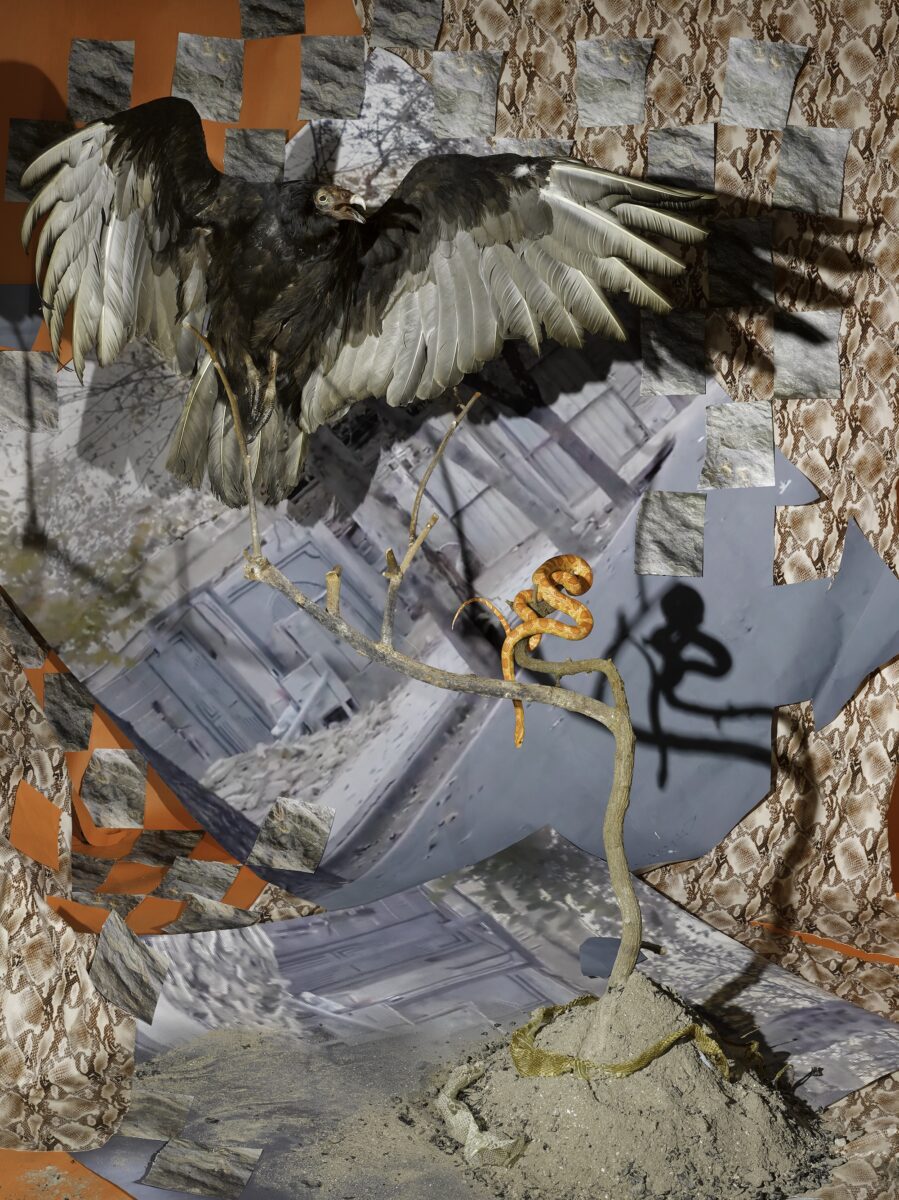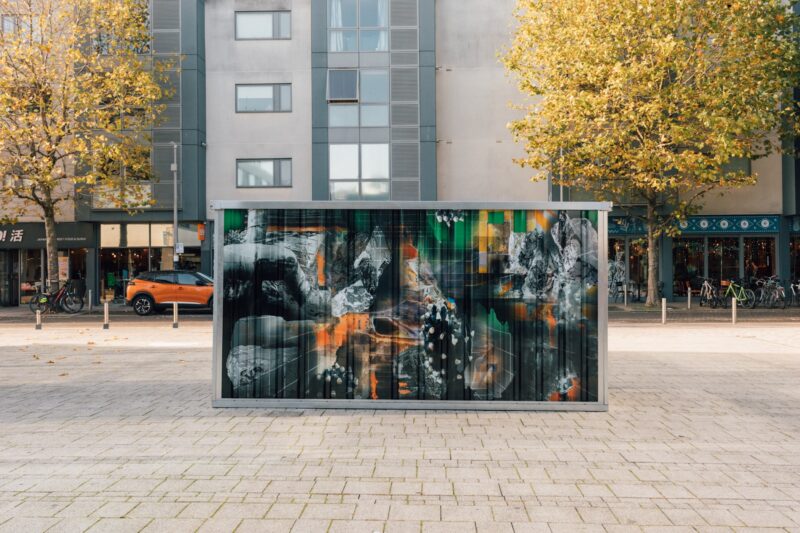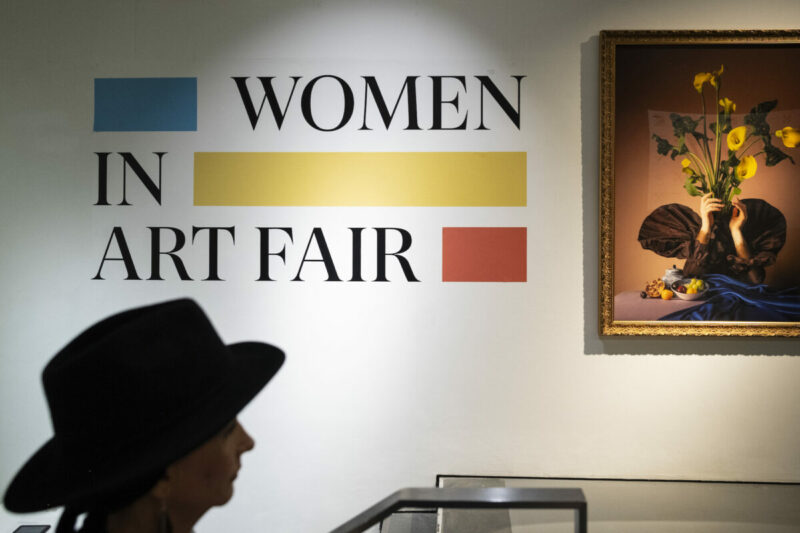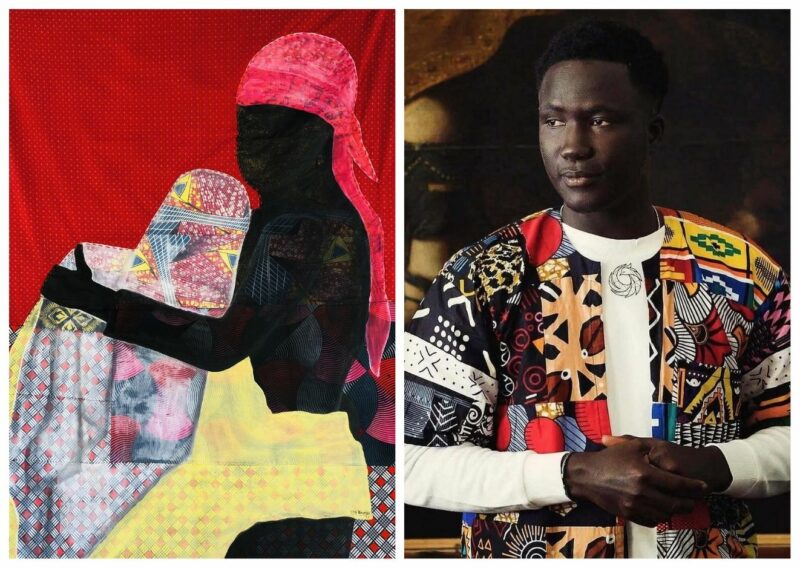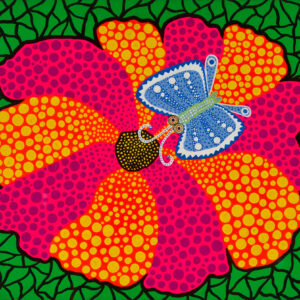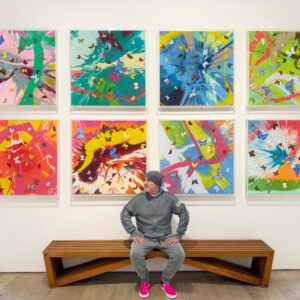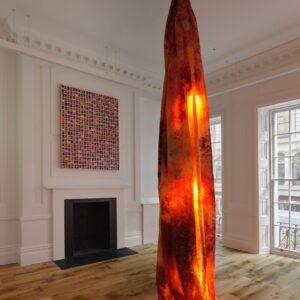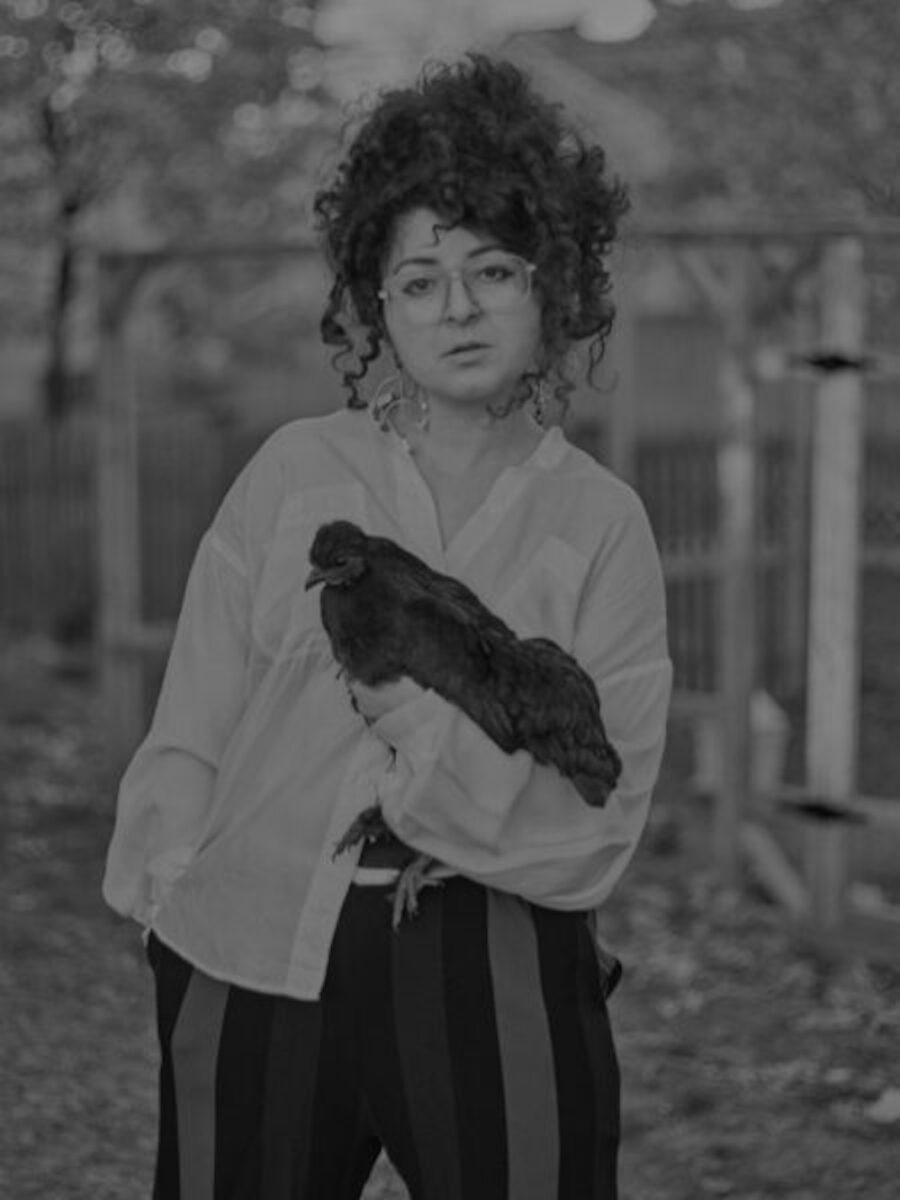
The winner of the 8th edition of the MAST Photography Grant on Industry and Work 2025 is Sheida Soleimani.
Sheida Soleimani (Providence, Rhode Island, 1990): Flyways. The project presented by Soleimani seeks to identify various escape routes from a world that, in her view, is dominated increasingly by the destruction of all human and other life forms. The images shown by the artist talk to us on two levels: stories of the women who animate the Women, Life, Freedom protest movement in Iran, and the travails of migratory birds injured in collisions with man-made buildings and structures.
Fondazione MAST will presents the work of Sheida Soleimani and the other four finalists of the MAST Photography Grant on Industry and Work 2025 from January 30th, 2025. The 8th edition of this photography competition, curated by Urs Stahel, showcases: Felicity Hammond, Gosette Lubondo, Silvia Rosi, Sheida Soleimani and Kai Wasikowski. The exhibition in the MAST Photo Gallery will remain open until May 4, 2025 and the admission is free of charge.
Selected from among forty-two candidates under the age of 35 from all over the world, the five finalists
have each developed an original and unpublished project for Fondazione MAST on the topics of industry
and work. The Jury comprising Isabella Seràgnoli, François Hébel, Milo Keller, Michael Mack, Simon
Njami, Alona Pardo, Giovanna Silva, Urs Stahel and Francesco Zanot, announced the winner of this
edition today, on January 29, during the opening press conference.
“The classical themes of industrialization and industrial photography – explains Urs Stahel – are factories, workers, machines, furnaces, steel casting, assembly line work, and more besides. Yet […] industrialization is highly complex and goes much further, much deeper. It has become a new society, a new way of life, a new state of mind: a system that embraces the entirety of human existence.”
The works of the 2025 finalists:
Felicity Hammond (Birmingham, UK, 1988): Autonomous Body. Here the artist seeks to establish new connections between the past and the future of automobile production. The images created by Hammond explore and contrast current production processes, still reliant on mining and nineteenth-century industrialization, with the latest advances in autonomous driving that render automobiles increasingly independent of their drivers.
Gosette Lubondo(Kinshasa, Democratic Republic of the Congo, 1993): Imaginary Trip III. Via a series of
photographs that focus on the colonial industries of Lukula, in the Democratic Republic of the Congo, the
artist delves further into the history and collective memory of her country. Mostly specialized in the
production of wood, these places were the nerve centers of the local economy.
Silvia Rosi (Scandiano, Italy, 1992): K?di. The title of this series refers to the Togolese word for “code”. The work presented by Rosi comprises a series of portraits and self-portrayals inspired by the stories of the “Nana Benz”: powerful women in Lome?, Togo, who controlled the trade in wax-printed fabrics and played an important role in winning independence from the colonial powers.
Kai Wasikowski (Gadigal Land / Sydney, Australia, 1992): The Bees and the Ledger. The works of
Wasikowski investigate how, for various reasons, migratory flows often result in the dissipation of
professionalism: work experience accumulated in the home country is not recognized in the new land,
generating a direct loss. This research starts with his grandmother, who immigrated from Poland to
Australia in the 1970s.
MAST Photography Grant on Industry and Work 2025, January 30 – May 4, 2025,
Fondazione MAST, Bologna
The catalogue, published by Fondazione MAST in Italian and English, is curated by Urs Stahel and includes contributions from Clément Chéroux, Charlotte Jensen, Kim Knoppers, Bindi Vora and Stanley Wolukau-Wanambwa.
The Grant and Fondazione MAST
Launched in 2007 to support photographic research into industry and work, and allow emerging talents to express themselves, the MAST Photography Grant on Industry and Work promoted by Fondazione MAST enables young winners of the study grant to develop an individual project on the topics proposed and show their photographs in a catalogued exhibition. Over time, the competition has helped to create a collection of photographs by contemporary artists that enrich the extensive historical archive of industrial photographs held by Fondazione MAST.
Fondazione MAST (Manifattura di Arti, Sperimentazione e Tecnologia) is an international non-profit
organisation founded in Bologna in 2013. Located next to the headquarters of the Coesia industrial group, in a multifunctional complex conceived as an intermediary between the company and the community, MAST is an open place of sharing and collaboration where every citizen has access to learning, the arts and photography. The exhibition spaces host temporary shows dedicated to photographs of industry and work.

